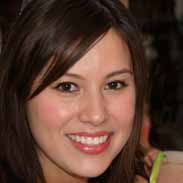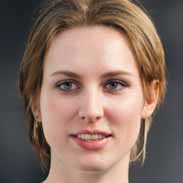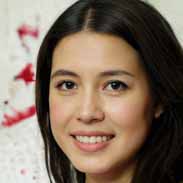Boston Tea Party Flashcards, test questions and answers
Discover flashcards, test exam answers, and assignments to help you learn more about Boston Tea Party and other subjects. Don’t miss the chance to use them for more effective college education. Use our database of questions and answers on Boston Tea Party and get quick solutions for your test.
What is Boston Tea Party?
The Boston Tea Party was a political protest staged on December 16th, 1773 by the Sons of Liberty in the city of Boston. The event was a response to the imposition of taxation by the British government without proper representation for the American colonies. In protest, members of the group donned Native American clothing and boarded three ships in Boston harbor where they proceeded to throw 342 chests of tea overboard into the ocean. The event was an important milestone in America’s fight for independence from Britain and is often seen as one of acts that led up to the Revolutionary War. At this time, Britain had imposed a series of taxes on its American colonies, including taxes on tea that were met with much resistance from colonists who saw it as unfairly imposed without their consent or representation. As tensions between Britain and its colonists grew, political protests such as this became commonplace throughout much of colonial America. The Boston Tea Party had far-reaching effects beyond simply making a statement against British taxation policies. It also helped to unify many different groups in colonial America under one common cause that being freedom from British rule which ultimately proved successful when independence was declared seven years later in 1776 with America winning its freedom after several years of warfare against England’s forces. Today, the legacy left behind by those who participated in The Boston Tea Party lives on; it is remembered every year through reenactments held around December 16th and serves as an important reminder to those living today about how hard people are willing to fight for their rights and freedoms when they feel they are being taken away unjustly.





















